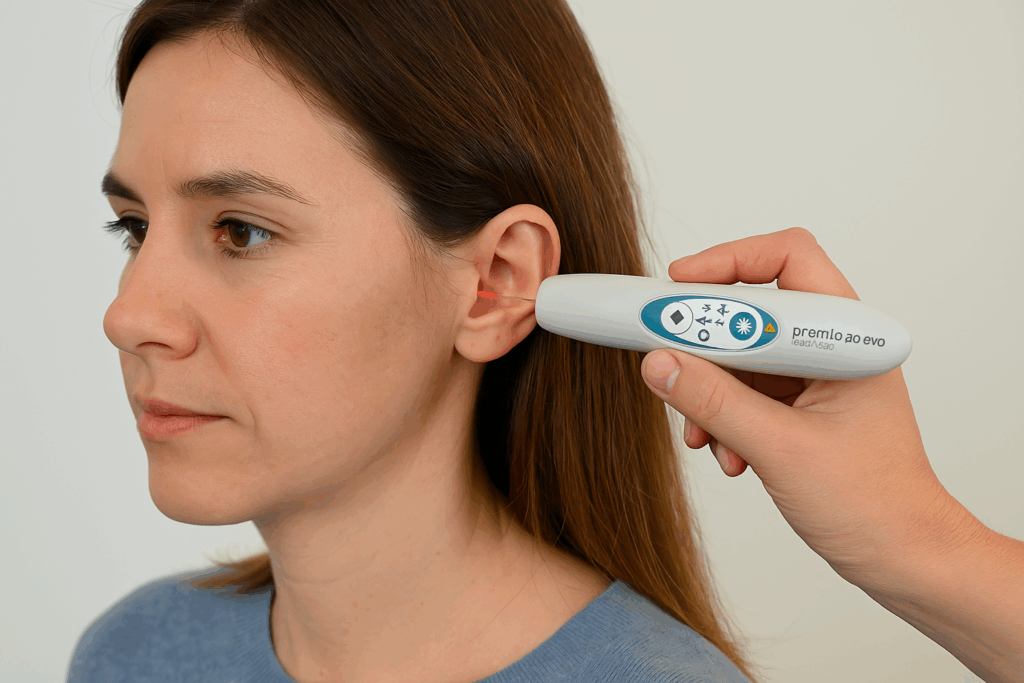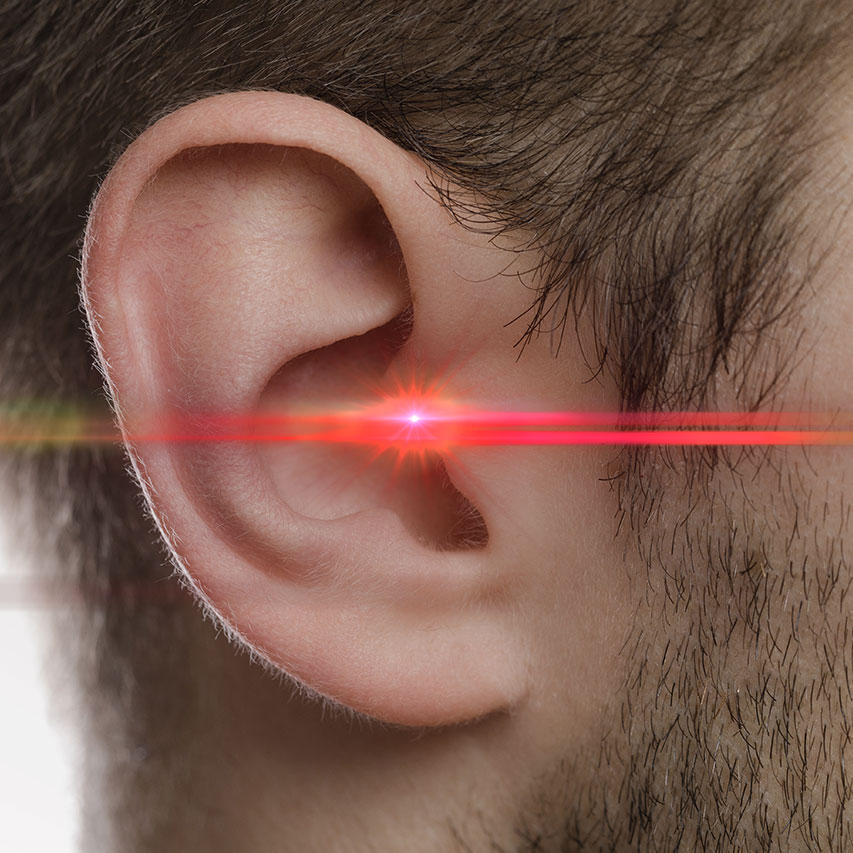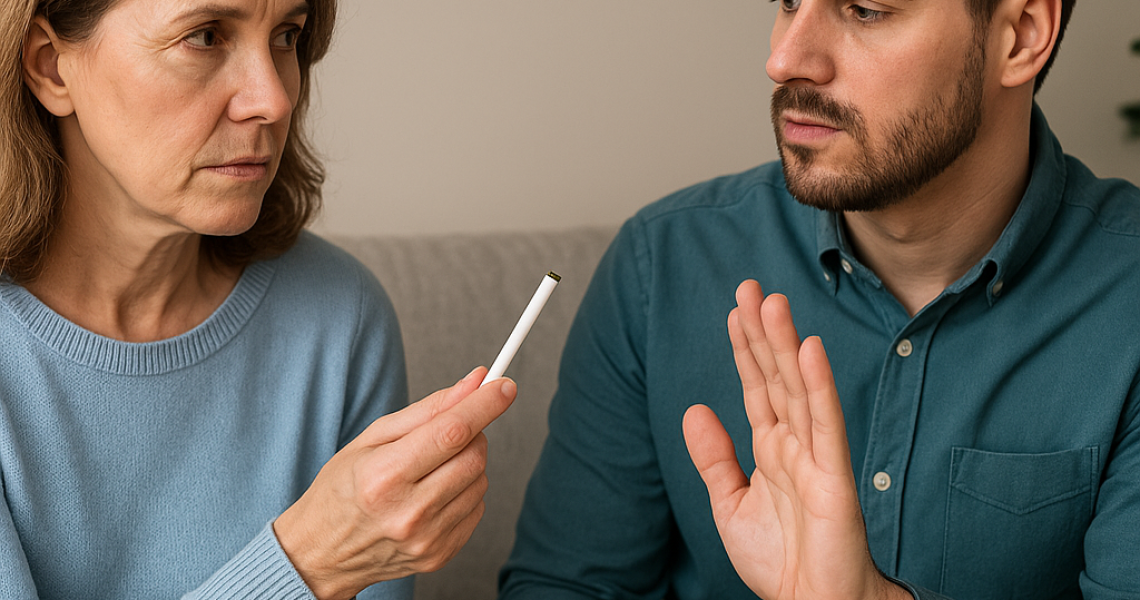It’s never easy to see someone you love damaging their health through smoking. And yet, in France as elsewhere, the number of smokers remains high despite numerous prevention campaigns. So how do you help a loved one take the decisive step towardsquitting ? This is not a trivial step, but one that requires kindness, the right tools, solid support and a clear understanding of the issues involved in addiction.
Understanding before acting: the psychology of the smoker
Before advising orencouraging a friend, family member or work colleague to stop smoking, it’s important to understand what’s behind it. Smoking is a complex addiction, combining physical dependence on nicotine, behavioral attachment and, very often, the management of stress or deep-seated emotions. So it’s not simply a question of willpower. Smokers don’t smoke for the pleasure of destroying themselves, but often to relieve tension or fill a void.
Helping without feeling guilty: the right posture to adopt
The first piece of advice is simple: banish judgment. Phrases like “all you have to do is stop” or “you’re destroying your health” are counter-productive. They close the window ondialogue and reinforce feelings of guilt. On the contrary, it’s essential to be a good listener, available and, above all, patient. Helping does not mean directing, but rather accompanying the person through a personal process. You have to respect the person‘s rhythm, even if you’re convinced that the time has come.

Concrete solutions: tools to increase the chances of success
Once the smoker is ready, the people around him or her can play a key role. In France, numerous services are available to help smokersquit. There are telephone helplines, online platforms, free consultations with a doctor or tobaccologist, and a multitude oftools: patches, gums, nicotine substitutes, mobile apps and discussion groups.
But beyond these classic solutions, there’s now a new approach that’s winning over more and more former smokers: the anti-smoking laser, also known as auricular reflexology.
See also: Become your own boss by opening your own anti-tobacco and addiction laser franchise.

Focus on anti-smoking laser: an innovative method
L auricular accupunctureor anti-smoking laserinvolves stimulating specific points in the ear with a gentle, painless beam. This protocol, based on the principles of traditional Chinese medicine, is used to act on areas of the brain linked to addiction and smoking behavior.
Unlike other techniques, this method has a success rate of over 90% from the very first session, according to many specialist practitioners. The effects are often rapid: disappearance of cravings, reduction of withdrawal symptoms, improved mood. But that’s not all. Auricular reflexology is not limited to tobacco: it is also successfully applied to addictions such as sugaralcohol and cannabis.
This method, still little-known in some parts of the medical world, is gaining ground thanks to testimonials and the rise of a generation of trained, serious practitioners. It is aimed at people going through withdrawal who wish to avoid nicotine substitutes, or those who have already experienced a relapse with other approaches.
Supporting relapse without giving up
Any attempt tostop smoking is not always a smooth ride. Relapse is part of the process, and should never be equated with quitting for good. On the contrary, every experience reinforces the chances of long-term success. As someone close to you, it’s important to remain present, without pressure. A person who relapses into smoking often needs reassurance rather than lessons.
Integrating the approach into daily life
Helping a smoker also means getting involved in everyday activities. Suggesting alternatives to a cigarette break, creating new rituals, encouraging physical activity, ensuring good sleep and a balanced diet: all these simple gestures help to strengthen willpower. Because life without tobacco is more beautiful, freer and healthier. It leads to better health, more energy and, often, higher self-esteem.
The role of the doctor and other professionals
In some cases, medical support may be necessary. A general practitioner can refer you to a tobaccologist or specialized psychologist. He or she can also prescribe suitable treatments or suggest regular follow-up. In France, organizations such as Tabac Info Service offer a highly effective listening and referral service.
It is also possible to call on a practitioner trained in auricular reflexologyThese professionals, often former smokers themselves, understand the mechanisms of addiction and know how to guide their patients. These professionals, often former smokers themselves, understand the mechanisms ofaddiction and know how to guide their consultants.
Conclusion: a patient, committed approach from the heart
Helping someone to stop smoking means accompanying them towards a new stage in their life, with respect and kindness. The aim is not to impose solutions, but to suggest them, to be there in case of doubt, relapse or need for motivation.
In the face of addiction, every gesture counts. And even if the person doesn’t show it, your support is invaluable. In a world where tobacco consumption remains commonplace, despite its known effects on health, those around you play a major role. It’s the window to a nicotine-free, addiction-free, barrier-free existence.
